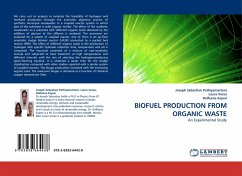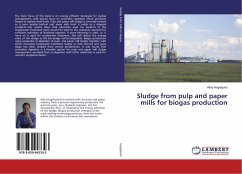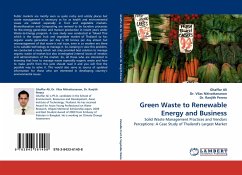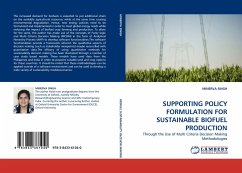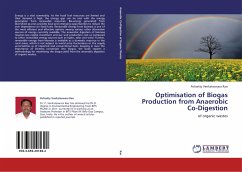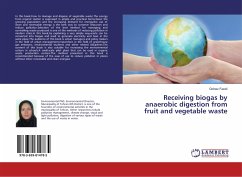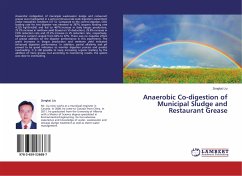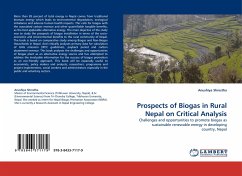We carry out an analysis to evaluate the feasibility of hydrogen and methane production through the anaerobic digestion process of synthetic municipal wastewater in a coupled reactor system in which part of the substrate is solid organic matter. The effect of the synthetic wastewater as a substrate with different organic loads obtained by the addition of glucose to the affluent is analyzed. The processes are analyzed for a system of coupled reactor, one of them is an up-flow anaerobic sludge blanket reactor (UASB) connected to a packed bed reactor (PBR). The effect of different organic loads in the production of hydrogen with specific hydraulic retention time, temperature and pH is compared. The inoculum consisted of a mixture of non-anaerobic inocula and subjected to heat treatment at high temperatures and different intervals with the aim of selecting the hydrogen-producing spore-forming bacteria. It is obtained a lower time for the sludge stabilization compared with other studies reported with a similar system of coupled reactors. The biogas production increased with the increasing organic load. The maximum biogas is obtained as a function of chemical oxygen demand per litter.
Bitte wählen Sie Ihr Anliegen aus.
Rechnungen
Retourenschein anfordern
Bestellstatus
Storno

